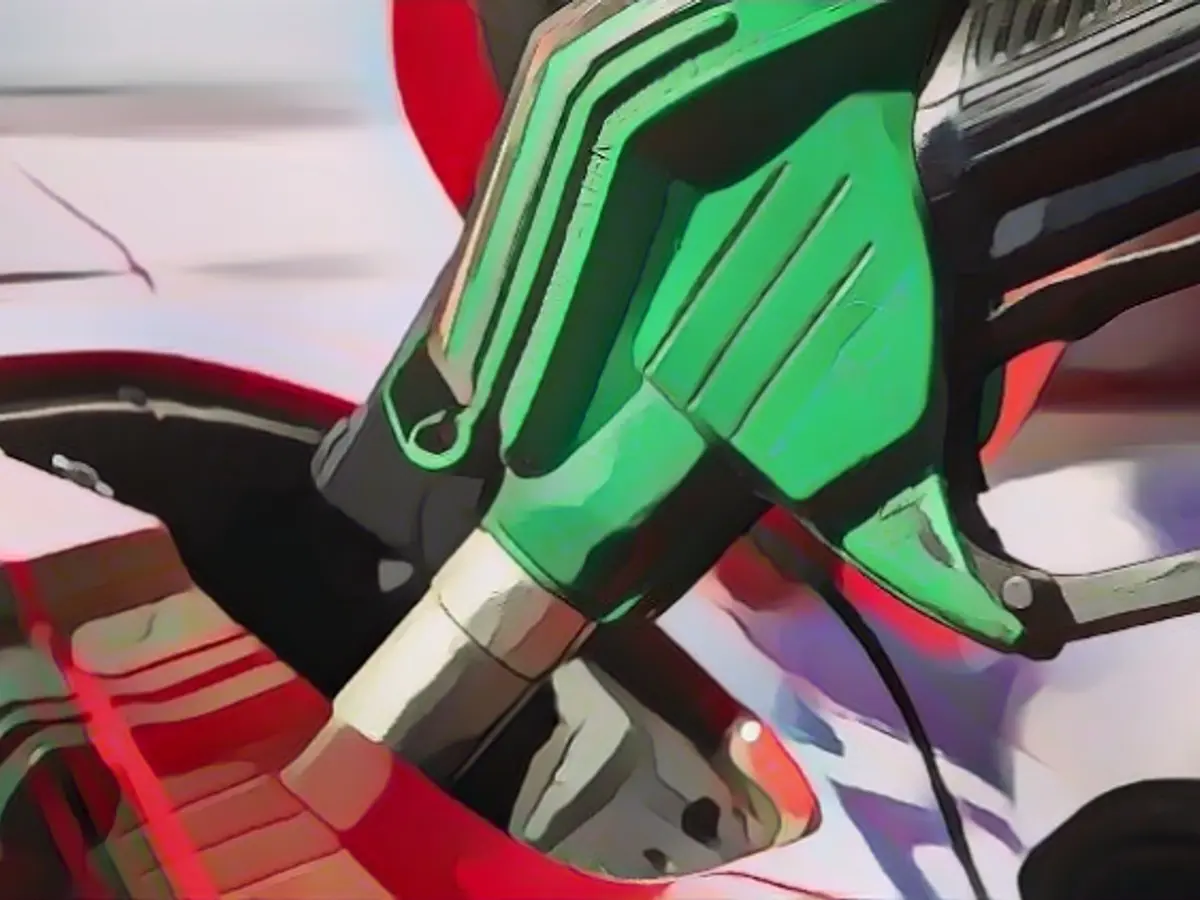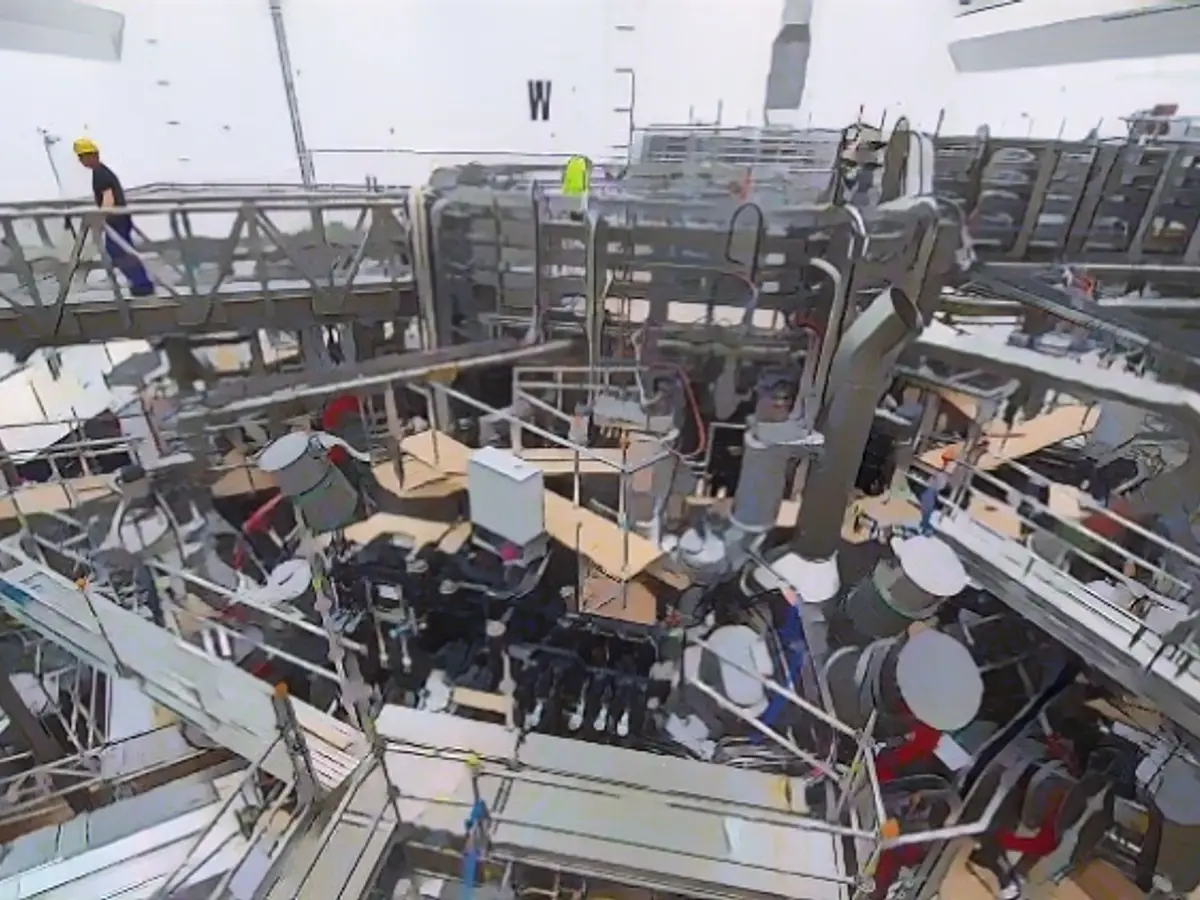The German federal parliament, made up of the traffic light coalition parties (SPD, Greens, and FDP), has recently approved a notable hike in the CO2 price, which is set to impact fuel and heating costs. This decision, stemming from the budget agreement, will become apparent at gas stations and various energy supply points.
The faction's action follows a European emissions trading system (ETS) implementation in Germany, specifically the ETS2 framework, which is set to elevate the CO2 price significantly. Here are some details:
- The CO2 price for heat and transportation will increase from 45 euros per ton in 2025 to 55 euros per ton in 2026, then to 65 euros per ton in 2027.
- Starting in 2027, the price will be regulated by the European system trading certificates (ETS2), potentially causing an increase of up to four times, reaching 200 euros per ton.
These changes could result in higher heating expenses for a typical German household of four people, heating with gas, estimated to cost approximately 1,000 euros extra annully after 2027. For households heating with oil, costs would likely double, with an additional 60 cents per liter expense.
Fuel prices may also rise as a result of this CO2 tax hike. Gasoline might increase by 3 cents per liter in 2026 and potentially up to 35-38 cents per liter in 2027, while diesel could see an increase of 3.1 cents per liter in 2026 and potentially up to 35-38 cents per liter in 2027. Some forecasts predict fuel prices will surge by more than one euro per liter by 2030.
The financial burden of these rapid price increases could prove challenging for many consumers, particularly those with low income. However, both the Green Party and the Left Party have promised to provide additional government support to install new heating systems, covering up to 70% for the Green Party and 100% for low-income households for the Left Party. The Federal Environment Agency has also recommended social cushioning measures such as income-dependent subsidies, low-interest loans, and targeted support programs to aid tenants and proprietors.
In conclusion, the Bundestag's implementation of the ETS2 framework is expected to result in a considerable upward trend in CO2 prices, ultimately leading to substantial increases in fuel and heating costs for German households. The potential impacts on consumer behavior and government support measures warrant consideration.







